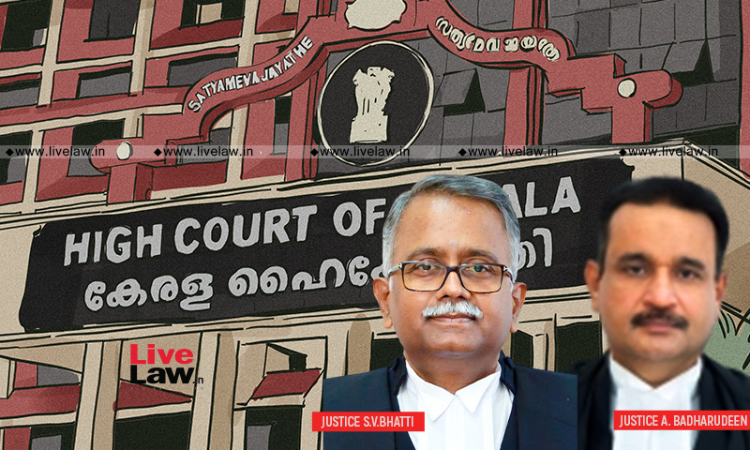Excommunication Illegal Under Wakf Act, Infringes Fundamental Rights: Kerala High Court
LIVELAW NEWS NETWORK
8 Feb 2022 9:29 AM IST

Next Story
8 Feb 2022 9:29 AM IST
In a notable judgment, the Kerala High Court has held that ex-communication or externment, whether declared or undeclared, is illegal and impermissible under the Wakf Act.The Court further declared that any bye-law or scheme in relation to the administration of the Wakf Property authorising ex-communication is also illegal as it infringes the fundamental rights guaranteed by the...
